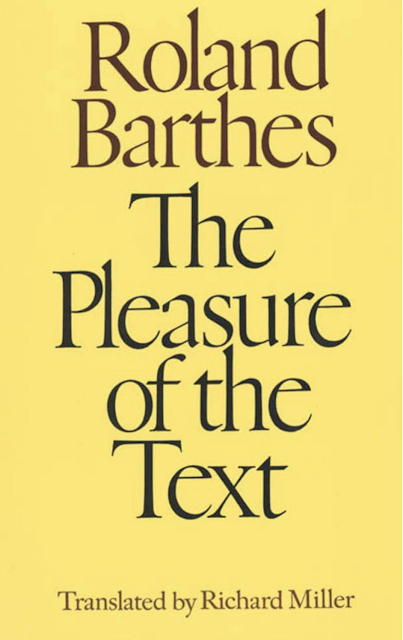"Perdido Street Station" by China Mieville (published 2000)

Oh Gods, jabber, Devil's Tail, damn. This book is the best I've read this year. Though - I'd recommend "Perdido Street Station" to those who are already partial to fantasy, fairy-tales, and science fiction, because the entire novel is heavily steeped in those genre elements and it's an extremely strong brew; a thick and boasty blend, yet a sweet and tart mix of character-driven action, fast-paced at over seven-hundred pages that pulsate with anthropomorphic creatures, evil monsters, a brilliant and non-conforming scientist, beautifully winged-bug maidens, a seedy underworld, a corrupt bureaucracy, sentient A.I. robotrons, pretentious art-world snobs, a hellish brothel of indescribable, sinful creatures and so. much. more. I'll begin with Isaac, the main character, our passionate scientist unaccepted by his fellows because, well, he's a bit *avant-garde* for his discipline. His thing: Crisis Theory. He's been working on it for some time, but



